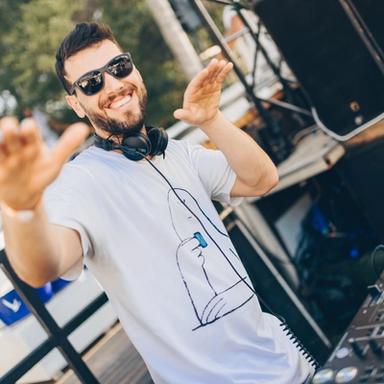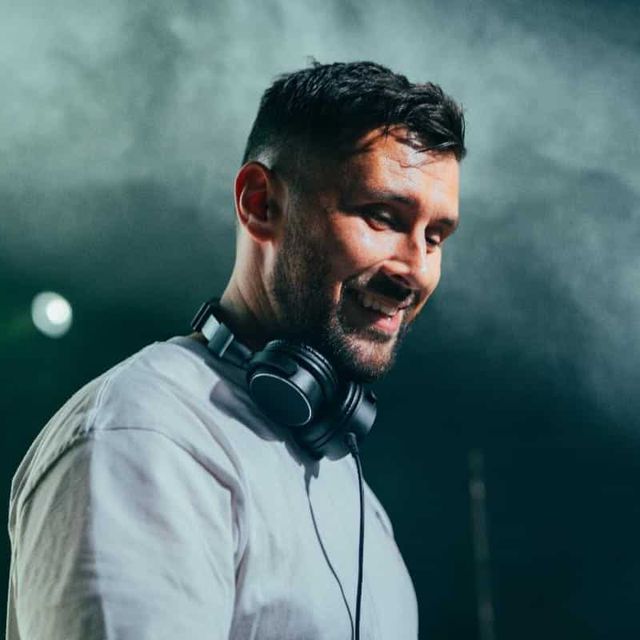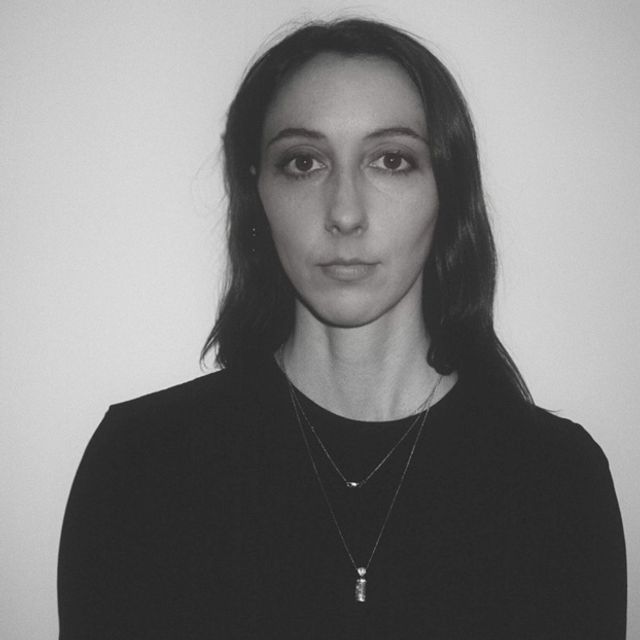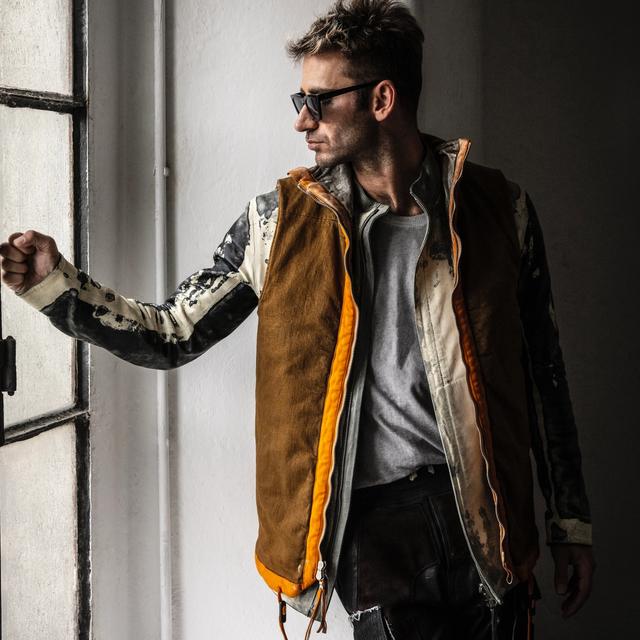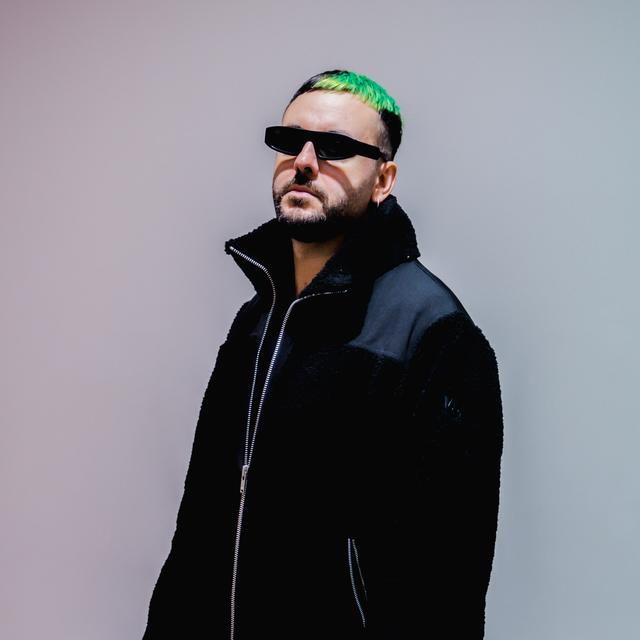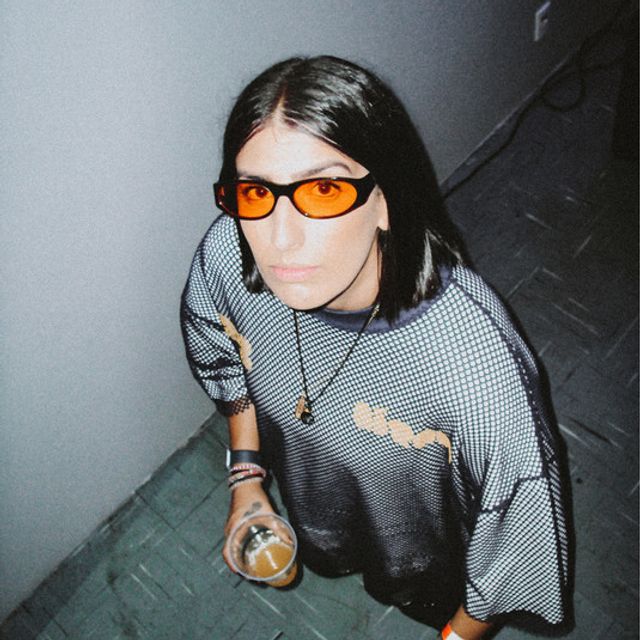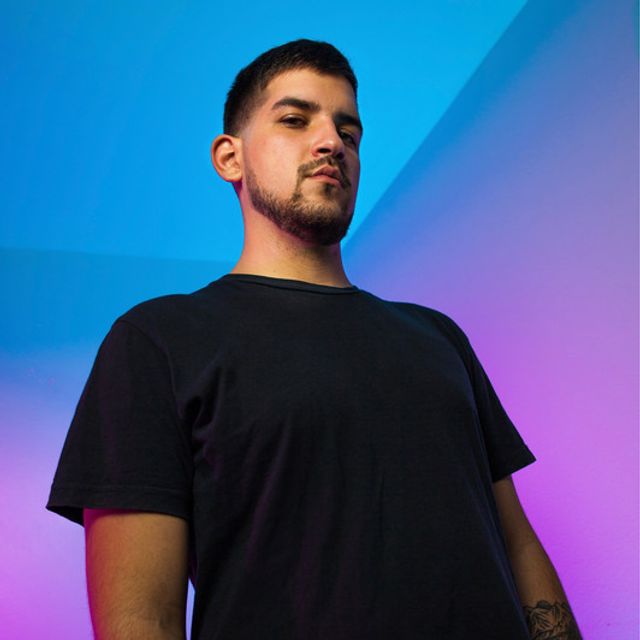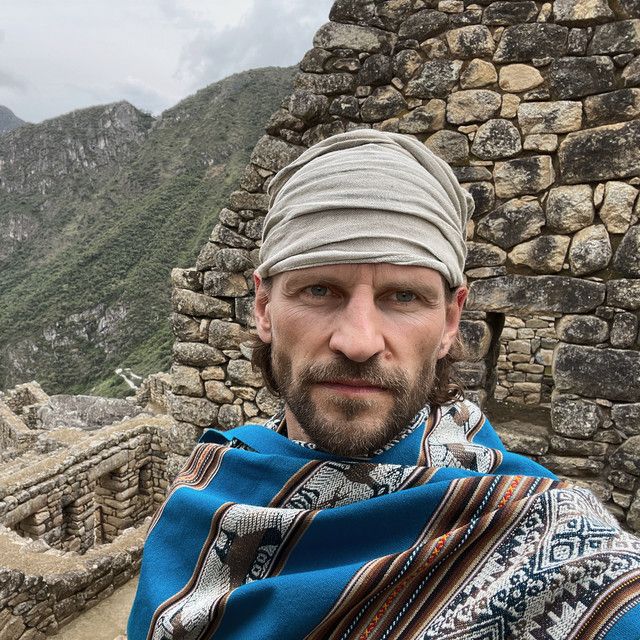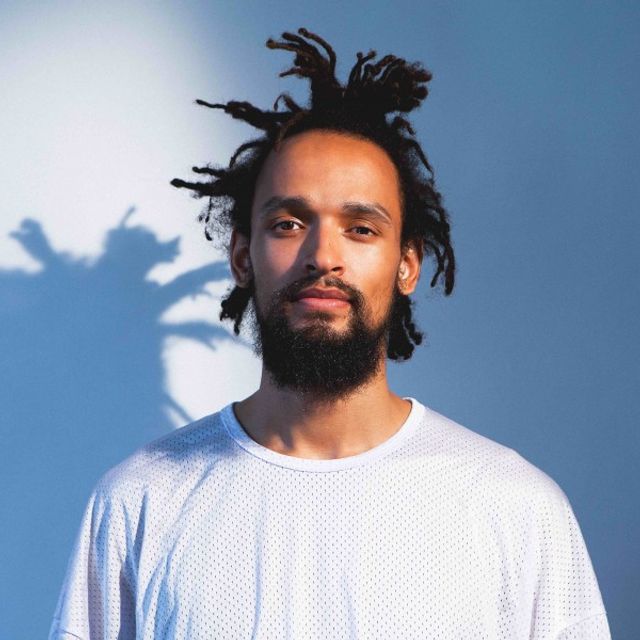Artist Spotlight
One of Bachir Salloum’s earliest memories of dance music was listening to James Holden’s 2003 Balance 005 mix. Even close to 20 years later, it gives him the same blissful feeling he had upon hearing it for the first time. It’s fitting since Salloum’s languid and gently rolling progressive is so reminiscent of Holden’s. A sound just as much inspired by his homeland as his musical past. He gently folds in the multi-ethnic sounds of Lebanon with emotive, slow-burning house beats. A style that earned him the notice of the likes of Hernan Cattaneo and releases on Balance Music, the label that released the mix that inspired his love for dance music. He grew up in Beiruit, a world-class city for music. “You have fusion. you have a combination of Arabic [and] Armenian because you have a lot of nationalities,” he explains about his culturally diverse hometown. “You listen to different types of music everywhere. You get inspired by the city also and the people.“ One of the people that provided the earliest inspiration was his brother. Salloum sat and watched his brother spin hip hop and R&B records for hours. It was the first time he remembers connecting with music on a visceral level. “I didn't know what style that was because I was a kid. But I had feelings. You know, I was feeling something. I was happy when I see him like that, playing.” Salloum's brother didn't share his DJ equipment, a sentiment he tells me he understands now as he speaks to me from his well-appointed studio in Dubai. His brother did share his musical acumen, and abilities as a selector. And he brought him to his first dance music event in Beiruit’s famed dance music scene. “Anthony Papa was the first one [sic] I go to a club in my life.” He leans into the camera as if to share a secret, “I was underage.” Salloum eventually inherited his brother’s turntables and began his journey as a musician. He joyfully recalls some key steps in his journey. His first gig—a near-empty club with only his close friends dancing. And the first time he conjured the courage to play one of his productions in front of a crowd. “The first music I released,” he remembers. “I didn't have the courage to play one track…but now the first time I played a track and it worked. I can’t believe that. Like, it was goosebumps and everything. You know that your music is actually working.” He continues to chase that feeling with every new track he writes. And at the turn of the pandemic, he realized he needed to devote his entire being to the chase. “I always had a daily job, you know, an office job and everything. And I always had the music on the side,” he explains the plight every producer understands. “Recently, during the pandemic, I made the decision that I only want to work in the music industry… I don't want to do anything I'm not passionate about… And I said, to most of my friends, I said, 'Guys, if you're not doing anything you love if you're not working in anything you're passionate about, I think you are wasting your time.' ” Part of the reason he feels so confident about this decision is because of his surroundings. In 2014 he moved to Dubai. He loves the people and culture of Lebanon but needed more stability. “You cannot deny the culture that you are raised with, you know, it affects you as a person… You think about Lebanon and it's unfortunate, very unfortunate, because the people are very nice people. The country is super beautiful. But the political situation it's killing the generation. Yeah, it's killing the future of the country.” “I think it gave me the opportunity to be more focused,” he says about his move. And while aligning with a new community was initially difficult it was well worth it. “First, you are safe. And here if you work, you have the opportunity to focus on what you really want. Because all the unnecessary stress that you think about in Lebanon, it doesn't exist here,” he explains. Dubai is a young city that consistently inspires him. It’s vibrant, with a nightlife scene that reflects its beauty and diversity. “You know, in Dubai, you can find all genres of music, that's very important. And people now they know more about the music. You know, you can tell that you are giving the crowd what they want. When there's good music, there's also good people on the dance floor. “
